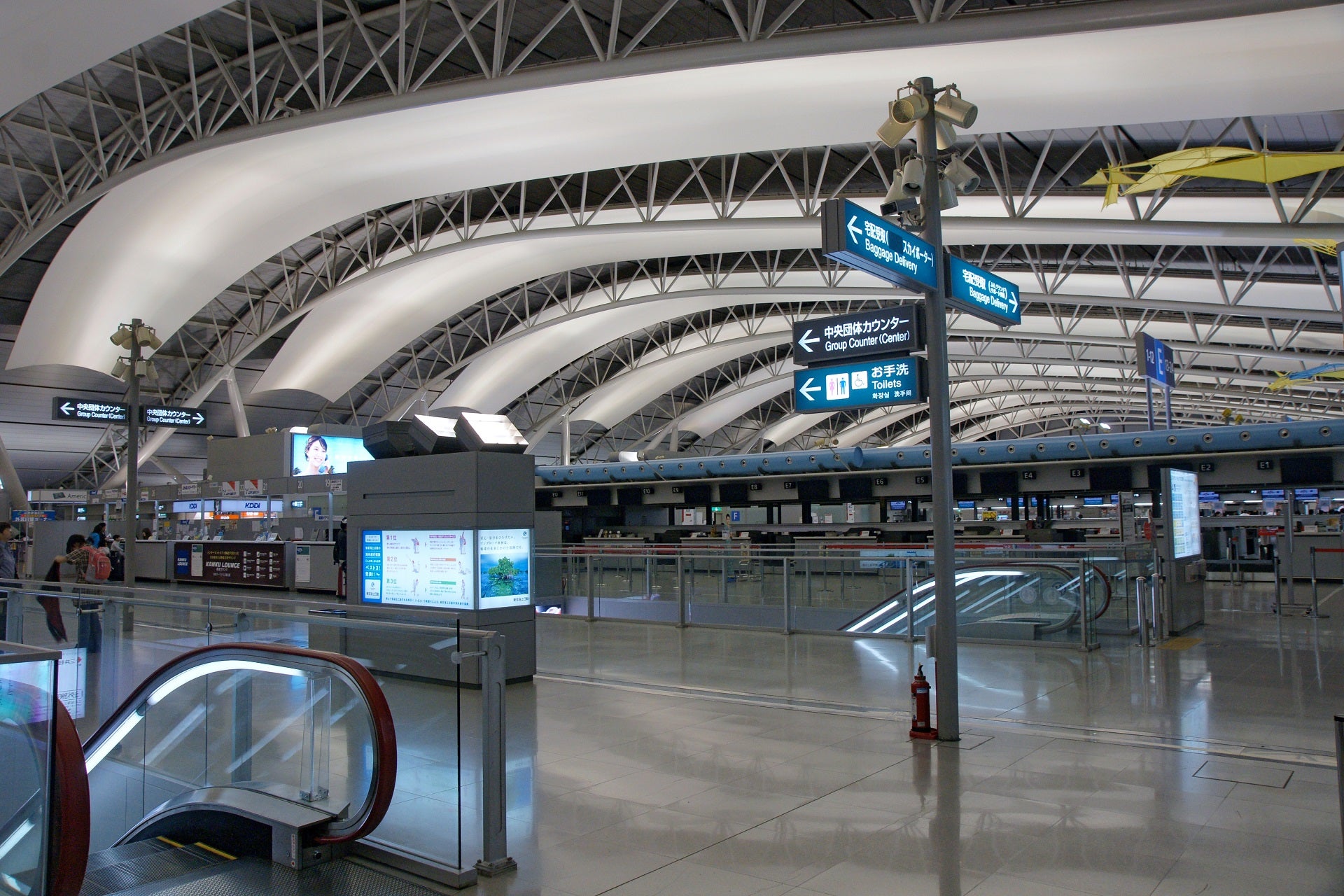
Kansai Airports in Japan has announced that an automated PCR robotic system has been deployed at Kansai International Airport (KIX).
The new system has the capacity to process up to 2,500 samples in a span of 16 hours per day for departing travellers on international flights.

Discover B2B Marketing That Performs
Combine business intelligence and editorial excellence to reach engaged professionals across 36 leading media platforms.
Developed by Kawasaki Heavy Industries, the new system is planned to be put in service later this year.
The PCR robotic system will be installed in the 4F outdoor space of Terminal 1.
In a statement, Kansai Airports said: “The rapid testing service at the airport is expected to contribute to delivering a safe and healthy travel experience and, consequently, boosting recovery in future aviation demand.”
The main unit of the system has a length of 12.2m, a width of 2.5m and a height of 2.9m.

US Tariffs are shifting - will you react or anticipate?
Don’t let policy changes catch you off guard. Stay proactive with real-time data and expert analysis.
By GlobalDataBy using the real-time RT-PCR testing method, this system will be able to complete the rapid testing within 80 minutes.
Through automated and unmanned operations, the robotic system is expected to provide precise and constant mass testing.
The system allows distant monitoring for secure and simple operations along with the minimisation of manpower.
Kansai Airports stated that the mass testing will be carried out in accordance with the recommendations of the Health Ministry and the medical association.
The automated PCR robotic system has been designed to save space, enabling it to fit into a 40ft container.
Earlier this month, KIX announced that it will commence extension and renovation work by the end of May.
After the completion of the project, KIX will be able to manage nearly 40 million international passengers annually.
The project, which is said to be the region’s biggest airport renovation project for the past five decades, is expected to complete in time for Expo 2025 Osaka in Kansai.





